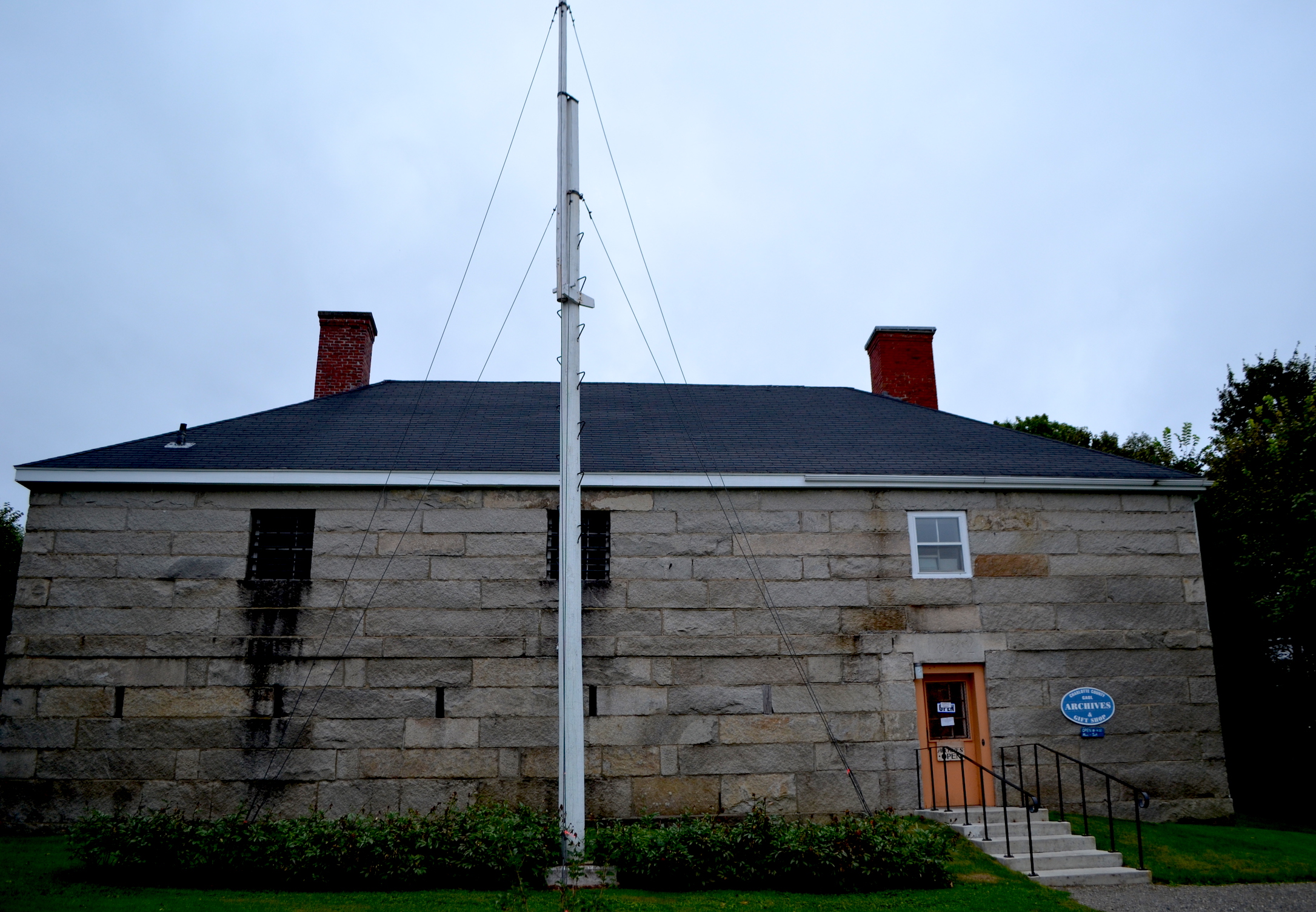In the tradition of ‘hello world’ posts everywhere, I’d like to begin this blog by greeting anyone out there in internet land, particularly archives-and-libraries-on-the-internet-land. This blog is a place to hold my thoughts, to write out a problem or question that’s been nagging me, and to report on the successes and failures of my work. I’m especially interested in interrogating questions in archival theory and practice, and particularly, in digital preservation and related areas of study. I’m interested in lots of things relating to these fields, which you can find links to here.
I recently had the pleasure of reading Erin Wunker’s Notes from a Feminist Killjoy: Essays on Everyday Life (BookThug, 2016). In her introduction, Wunker describes the importance of accounting for one’s situated knowlege, an intention cited from scholar Donna Haraway. “Situating yourself enacts the deliberate practice of locating your own identity and experiences as coming from somewhere and being mediated by certain things such as your race, gender and class,” Wunker writes, “Laying these things out for yourself locates your way of being in the world - your knowledge - within larger systems of knowing” (p. 30). I’ve heard this sentiment in various forms through my education, but what underscored Wunker’s point for me was the reminder that situating yourself is intended to reveal, and account for, one’s myopias: the gaps in personal knowledge and experience that result in blind spots relating to other knowledges and experiences. In doing so, you are “opening yourself to the truth that you don’t have access to every experience” (p. 30). I love to think about the big questions of an archivally-minded life, many of which relate to the keeping of memory and therefore the rights and powers that surround that memory. Thinking and writing on these subjects is necessarily the subject of certain kinds of knowledge and experience, and it’s important for us archivists to remember that our views and approaches to archives may not be applicable to all situations, or even, understandable to people and communities that exist outside our own.
So, following Wunker’s example, here’s some information that will hopefully help situate me. I’m a cis-gendered, able-bodied man. I am white. English is my first language and my French is fair-to-middling. I was raised by middle-class parents, one of whom died when I was a teenager. I was born in New Brunswick, and lived there until I was 22, when I moved to Vancouver to pursue a MA in English. I lived there for 5 years. After the MA I enrolled in the Dual Master of Archival Studies and Master of Library and Information Studies degree program and graduated in 2015. I then moved to Toronto to be with my partner, and have lived in the city for nearly two years.

I got into the world of archives through my very first real summer job at the Charlotte County Archives in Saint Andrews, New Brunswick. I was incredibly lucky to have happened upon this experience so early in my life. My high school history teacher was involved in the archives and had suggested I apply for a summer student position; I did and ended up working there for four summers. During that time, archivists Charlotte McAdam and Janice Fairney served as early mentors. I am deeply thankful for Charlotte’s early encouragement to think about the archival field as a career. The Charlotte County Archives remains the archetypal archival experience for me, though the institution itself is incredibly unique. The Archives was housed in a decomissioned nineteenth century prison made of huge slabs of grey granite. A set of original cells were made available for viewing to tourists. I learned how to do basic processing and description, helped visitors with research and reference, gave tours of the jail, and organized funraising lectures and a sleepover for local kids. One summer I even led a group of ghost hunters around the building in search of spirits (this might have to become a future blog post all to itself). It was all immensely fun.
So, while I learned an enormous amount at this archives, and I’ve since worked in many archives and libraries as part of various practicum, co-op and contract placements during and after my education, my first experience in archives has become determinate of my understanding and approaches to archival organizations and practices since then. It’s become my classic use case (minus the ghosts), and one that I think of often in relation to some question or solution. So, both knowledge and experience, and a source of myopia as well.
Finally, a big gap in my knowledge and experience is in technology. Even though I’ve spent most of my life playing with computers in various ways, I still feel like an outsider in the tech world because my education and learning in this area has always been ad hoc. I remain intimidated by its insider languages (both the words used to describe the work and the languages used to make it work). Part of this separation has been intentional. I don’t want to be a full-blown technologist necessarily - it’s another kind of myopia, I think, that is sometimes divorced from the ways in which technologies can be alienating, or their uses deterministic. I’m interested in the details of technologies that make be a better archivist, and more capable of preserving digital archives. I see my role as a translator, educator and collaborator in hopes of serving archivists and archives better.
I hope this little foray into self-situation (if I can call it that!) has been a good one. It’s by no means exhaustive, and never will be. It’s hard to know how much or little detail to include, or how relevant it could be to a reader, but I do think the exercise will help inform my thinking in posts here in the future.





